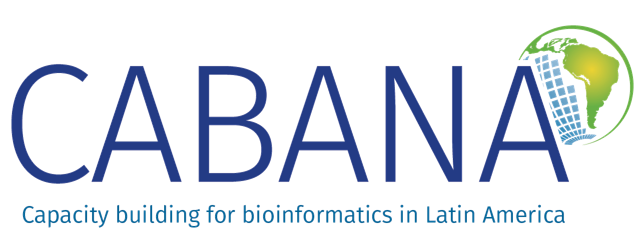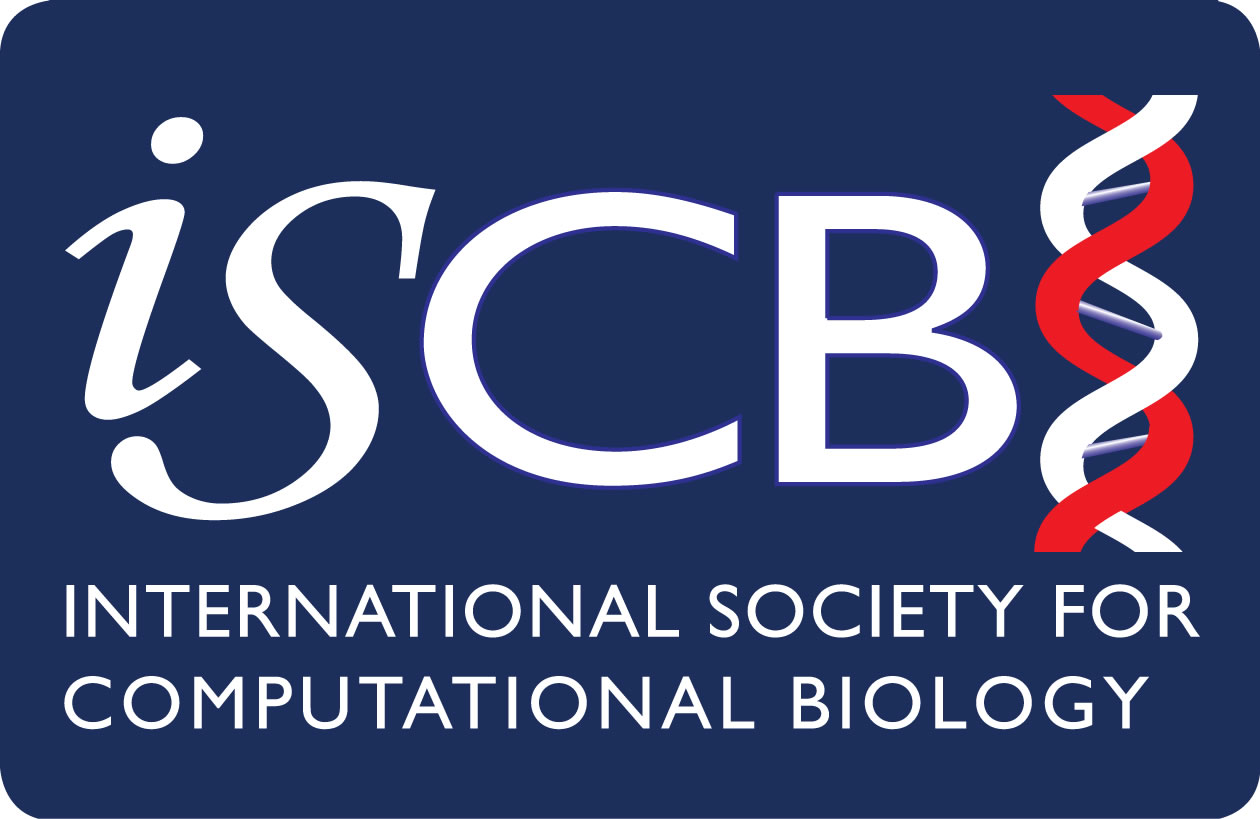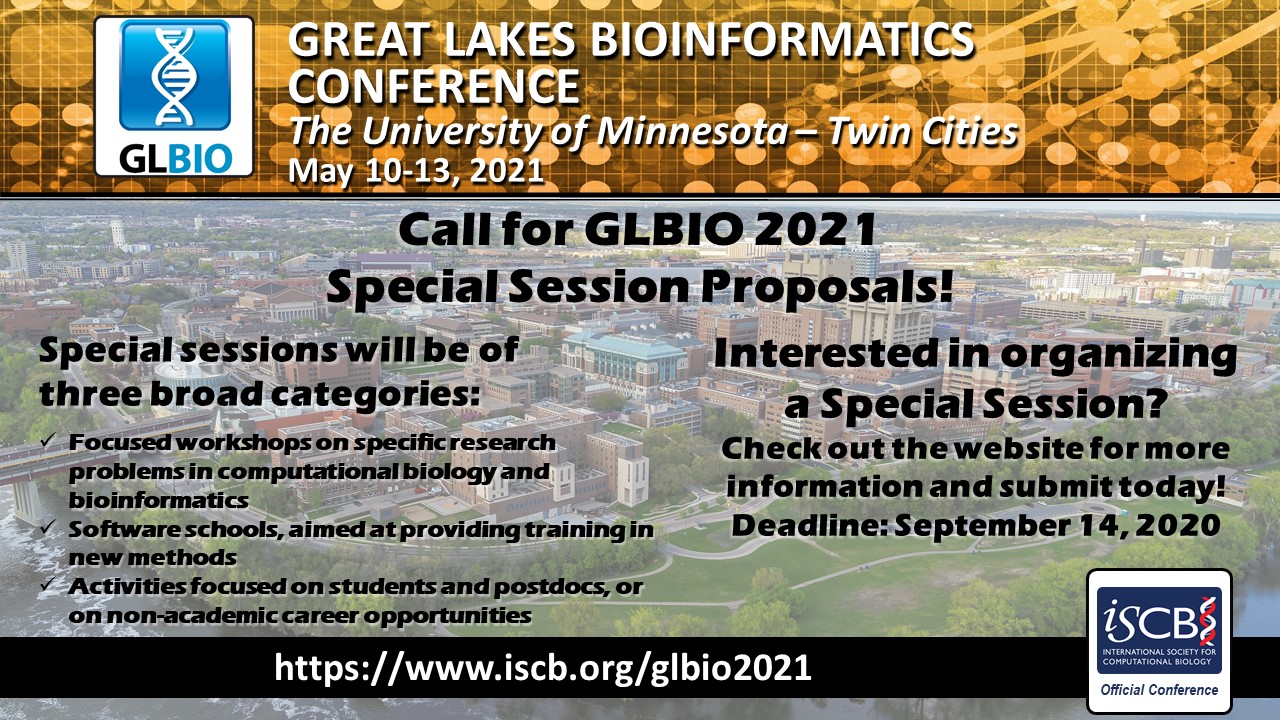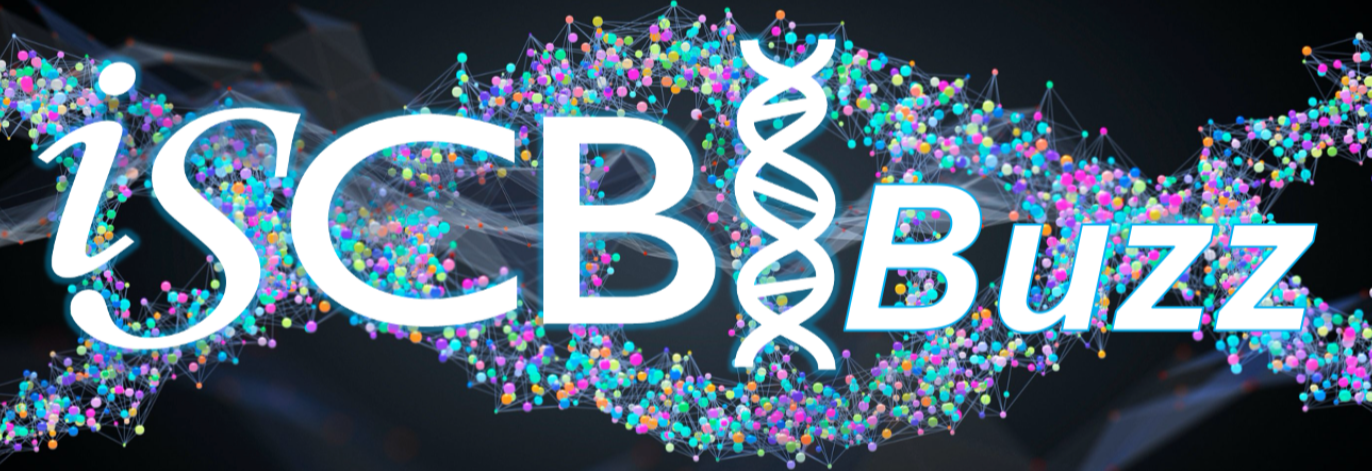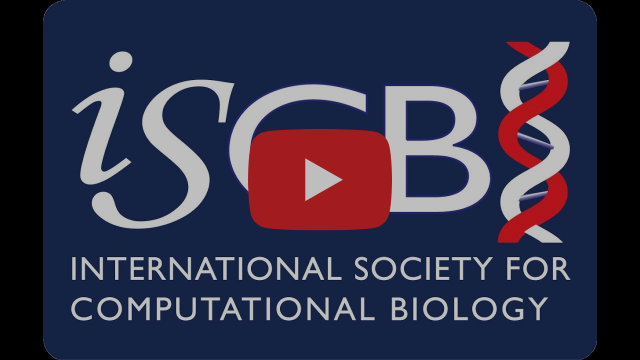|
Space is limited and complimentary, workshops & tutorials will take place online on October 22nd to 27th.
Workshop: Train the Trainer/Entrenamiento de Instructores/Treine o Treinador
9:00AM - 1:00PM Mexican Central Time (CT) on October 22 & 23, 2020
Tutorial: Discovery and phylogenetic characterization of animal viruses from metagenomic samples
9:30AM - 1:30PM Mexican Central Time (CT) on October 24 & 25, 2020
Workshop: Machine Learning in Bioinformatics using Galaxy
9:00AM - 5:00PM Mexican Central Time (CT) on October 26, 2020
Workshop: Identification of disease-associated genetic variants from next-generation sequencing data
10:00AM - 2:00PM Mexican Central Time (CT) on October 26 & 27, 2020
Workshop: Management and good practices in the assembly of bacterial, archaea and fungal genomes
9:00AM - 1:00PM Mexican Central Time (CT) on October 27, 2020
Workshop: Introduction to structural bioinformatics for evolutionary analysis
1:00PM - 5:00PM Mexican Central Time (CT) on October 27, 2020
Workshop: How to annotate protein-coding genes in genomic sequences
1:00PM - 5:00PM Mexican Central Time (CT) on October 27, 2020
|




